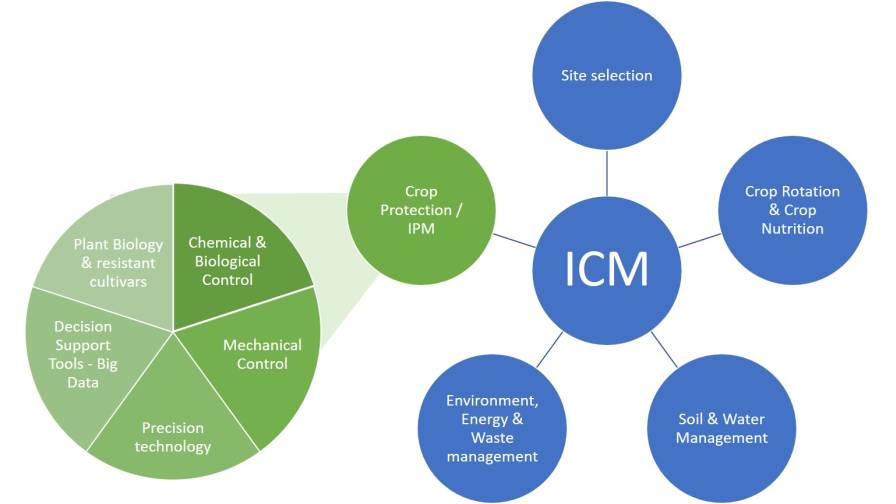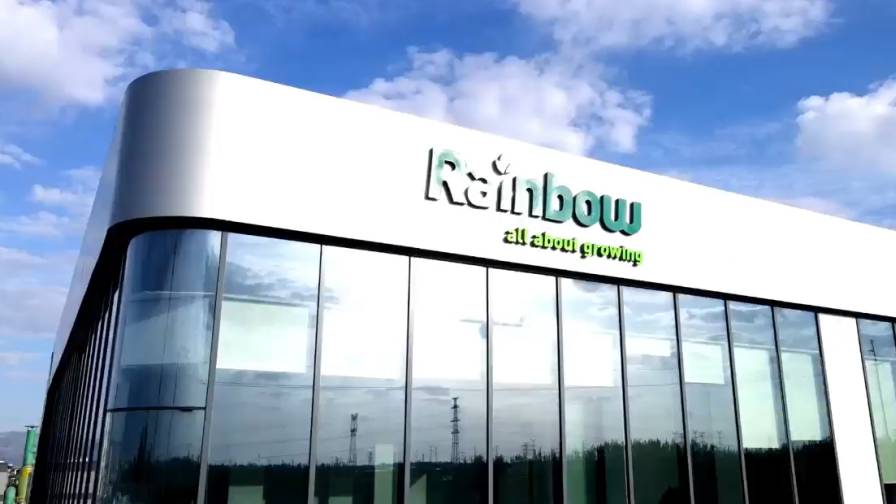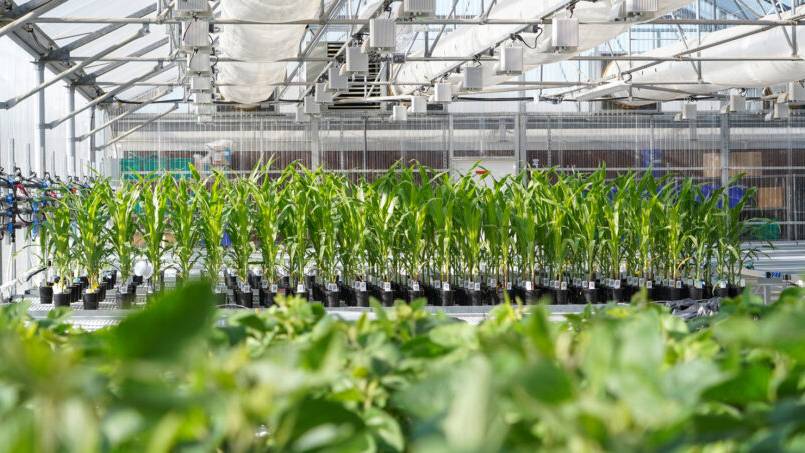IPM and ICM: The Unique Opportunities and Challenges for Biopesticides
Integrated crop management (ICM) is a holistic approach to crop management, integrating agricultural and environmental management practices such as optimal site selection, crop rotation, and optimization of crop nutrition, soil, and water management, as well as environment, energy, and waste management and integrated crop protection strategies, in accordance with local conditions, climate, and requirements.
Driven by legislation, as well as consumer and industry demands, ICM strategies integrate local knowledge and experience with research and technological innovations to ensure sustainable agricultural production.
Integrated Pest Management (IPM) is a part of Integrated Crop Management (ICM) and the concept was introduced more than 50 years ago as a response to the preponderance of broad-spectrum, mainly neurotoxic conventional insecticides available to the market.
Currently, the definition of “Pest” in IPM includes vertebrate and invertebrate pests (e.g., birds, insects, mites, and nematodes), plant pathogens (e.g., fungi, bacteria, and viruses), as well as weeds.
The objective of IPM is to maintain pest populations below levels that would cause economic loss while minimally impacting the environment, and integrates several strategies including chemical, biological and mechanical control, precision technology, and decision support tools (e.g., big data, including crowd-scouting and degree-day models for pest prediction) and the activation of natural plant defense responses, as well as the use of resistant cultivars. The aim is to reduce the use of chemical pesticides and manage the development of resistance in target pests to both chemical pesticides and biopesticide toxins.
By introducing unique modes of action, biopesticides are used in integrated strategies with traditional pesticides to increase crop yields by working synergistically with chemical pesticides, to extend application timings and allow timely re-uptake intervals, as well as to provide resistance strategies.
While the adoption of more “biologically-based” IPM strategies in the field is still low, in part due to a perception of lower and variable efficacy and greater dependence on environmental conditions on the part of end users, biological control plays an important role in the production of greenhouse crops, primarily due to their effectiveness under controlled environmental conditions, short persistence, and low operator risk.
With advances in the development of biopesticides and technological developments in the use and application of conventional and biological pesticides, we now have a real opportunity to harmonize biological and chemical crop protection and realize the concept of IPM as a truly sustainable and holistic solution to current crop protection challenges.

Figure 1: Integrated Pest Management (IPM) in Integrated crop management (ICM).






